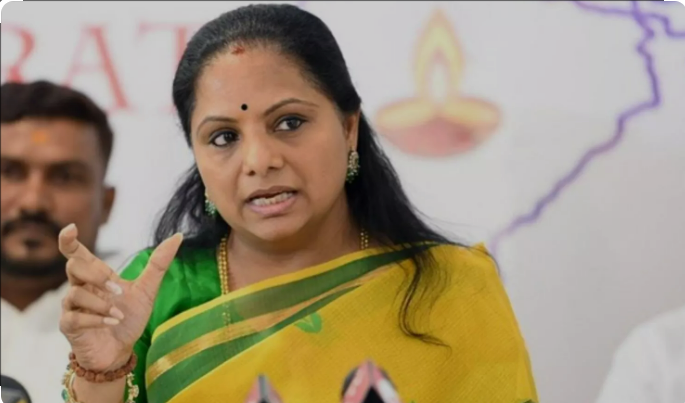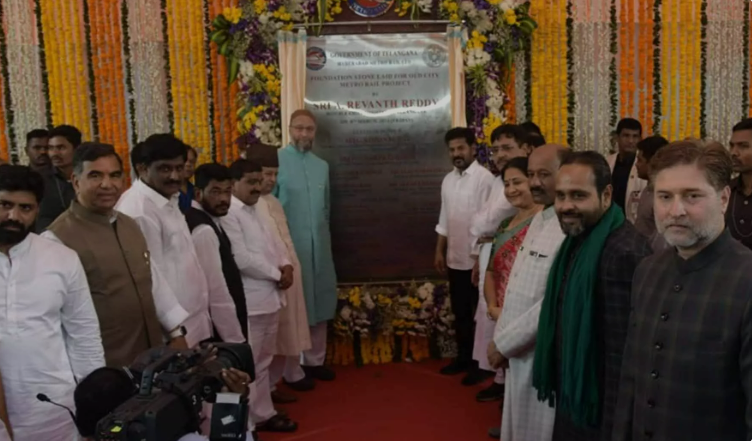Anticipated Education Sector Expectations in Budget 2024: Five Key Hopes

Finance Minister Nirmala Sitharaman is preparing to unveil the interim budget for the fiscal year 2024-25. Expectations are high among stakeholders, as the fiscal decisions to be announced will play a crucial role in steering the education sector towards global prominence. Stay tuned for live updates on Education Budget 2024.
As the influence of AI continues to strengthen its grip, integrating technologies such as AI, AR, VR, and the metaverse into the education sector becomes imperative, aligning seamlessly with the National Education Policy (NEP) of 2020.
The NEP 2020 underscores the significance of learning and skill development, and AI provides a transformative avenue to reshape learning methods and skill enhancement in accordance with the objectives outlined in the education policy.
The prevalence of hybrid education, combining traditional and technology-driven learning approaches, is here to stay. A substantial increase in investments in technology and AI initiatives for K-12 education is poised to revolutionize the sector. While the government’s focus on initiatives like ‘Make AI Work for India’ and establishing centers for excellence in higher education is evident, the progressive integration of technology and AI in K-12 and early education necessitates a national framework with a targeted implementation plan. This strategic approach aligns seamlessly with the NEP’s advocacy for the judicious use of technology to foster quality education, as emphasized by Devyani Jaipuria, Chairperson of Dharav High School, Jaipur.
A reduction in GST rates is eagerly anticipated by stakeholders in the education sector, as they believe it could lead to more affordable and student-friendly services. Such tax benefits may also attract increased investments, particularly in the Edtech sector.
Dr. Raghukumari Suresh, Associate Professor of Finance and Law at K J Somaiya Institute of Management, emphasizes the potential of leveraging ed-tech platforms for e-learning to reduce inequality and enhance cost-effectiveness. Lowering GST on ed-tech platforms is seen as a crucial step to make quality education more accessible.
The permanence of Edtech in the education landscape underscores the importance of fortifying digital infrastructure. This enhancement can revolutionize both learning and teaching methodologies, aligning them with the objectives outlined in the National Education Policy, 2020. To foster the growth of Edtech and digital learning, essential structural components such as internet access in rural areas, digital classrooms, and well-trained educators require adequate resources and support.
“In the forthcoming Union Budget for 2024, ed-tech startups can expect significant backing for the education sector. The government’s dedication to the National Education Policy (NEP) 2020 reflects a clear intention to bring about reforms and embrace digital education. With the edtech sector projected to reach a USD 4 billion milestone by 2025, the budget is likely to introduce measures that foster innovation, skill development, and high-quality learning. The upswing in edtech during the pandemic highlights its pivotal role in shaping India’s global education position. With the government maintaining its proactive stance observed in the previous year, ed-tech startups can anticipate a budget that aligns with the evolving requirements of the sector, contributing to the nation’s educational advancement and competitiveness,” shares Kavita Sharma, Co-founder and CEO of Ziyyara Edutech.







